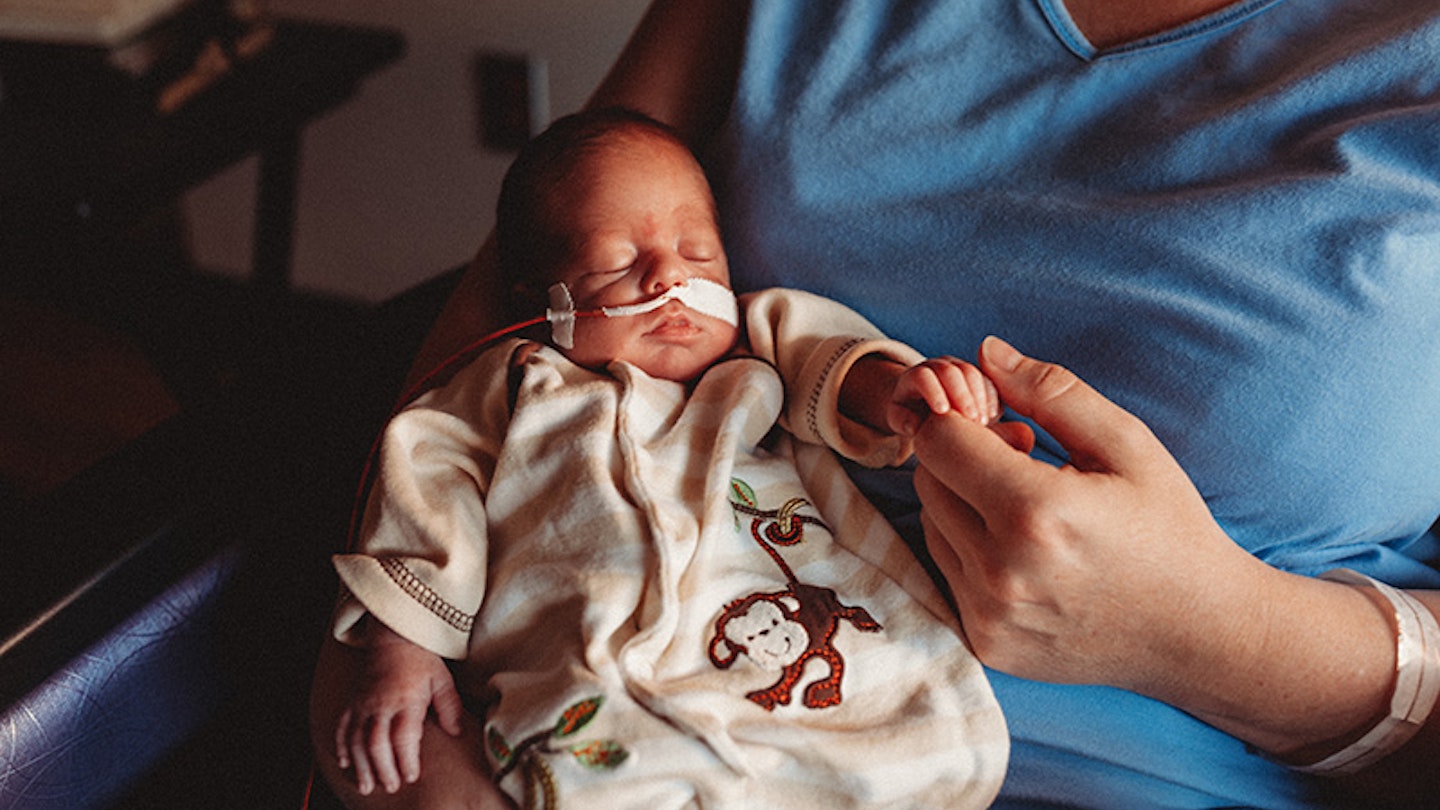Having a baby is a joyous occasion, there are many traditional gifts we take for granted, but what about when those don’t feel appropriate, or the mother has experienced a traumatic birth. Flowers and standard congratulatory conversations suddenly don’t seem like the best choice. As a former Neonatal Intensive Care Unit (NICU) mum, I’ve put some ideas together to help if you’re supporting the family of one of the 90,000 babies who need neonatal care in the UK each year.
Talking about new babies can be trickier when a prolonged stay in hospital is on the cards, whether from a premature birth or complications. Here’s some advice to help you navigate those conversations.
Follow her lead
Mum will be vulnerable and overwhelmed by the situation, so firing questions at her won’t help. She’ll have so much rattling around her brain that she’ll want to get off her chest, so just let her speak and acknowledge her feelings and concerns. You might not be an expert, but sometimes it’s just good to talk to someone from ‘the outside’.
Some mums won’t want to talk about it; after all, you could be the first non-medical professional or probing family member she has been able to talk to. Let her lead the conversation, if she’s avoiding the baby/birth talk let her, sometimes the escape of the hospital, albeit for a short time, might be what she needs.
Avoid unnecessary comparisons
Mothers and babies end up in intensive care for all kinds of reasons. Each person has their own experience and ways of processing it, with different teams working with them and their child. In short, comparing what your friend is going through to your Aunt Sally’s experience is frustrating and unhelpful.
Validate her feelings
Don’t feel like you need to probe; Mum will tell you what she’s comfortable saying. Some might be uncomfortable to hear, but please don’t brush it off or say ‘at least’. No sentence starting with ‘at least’, ever offered comfort or support.
This is probably the most traumatic thing she’s ever been through, and it isn’t the time to tell someone to be grateful and count their blessings. Equally, it’s important to validate her feelings at this vulnerable time. It’s normal to feel angry, sad, anxious, or any other shade of the human emotional spectrum after trauma. Make sure she knows her feelings are valid and that she can share without judgement.
Gifting
Whilst in the intensive care unit (ICU) the baby doesn’t need many gifts, that can be done when everyone is home and it’s time to celebrate. The people who need your attention most are the parents. Everyone’s journey is different; some mothers know they’re going to spend time in an ICU and have their bags packed with all provisions ready to go. Others, like me, have no idea that’s where they’re going to end up, and so arrive at the hospital with nothing but a handbag.
Presents for those with packed bags
For families who have prepared for a stay in hospital, the best gifts you can get them are edible. I’m not talking chocolates here; hospital food is expensive! If you are going to visit, bring a hot drink that wasn’t made in a machine. Any food that can be stored at room temperature is also a blessing.
If the parents are home whilst the baby is in hospital, they will be spending all their time going to and from the hospital living from vending machines and hospital shop food. If you can, they would love a home-cooked meal that they can just heat and eat. If you’re feeling extravagant or are at a distance you could always try sending them a takeaway.
Presents for the unprepared
For friends who are unexpectedly on the ward, they will need everything; even the most mundane things are a godsend. C-section mums will love you for some (sized up) full briefs from M&S. A friend of mine brought me a bottle of conditioner during my stay and it was one of the best gifts I’ve ever been given! Hospitals only supply sanitary pads for a couple of days so they’re essential, just be sure to get the biggest you can find with wings that would put a jumbo jet to shame.
Finally, books! Spending time in hospital can be tedious and loads of that time is spent with a baby sleeping on or very close to you, so quiet entertainment is necessary. I read the whole Agatha Raisin series during our stay, most of which were picked up by my husband from local charity shops.
Remember the rest of the family
Finally, in all the chaos, it’s easy to forget that in many cases there is a parent stuck at home, probably still having to work, saving their leave until the baby is home. Please remember that parent, check in on them, they are also experiencing an emotional rollercoaster and they’re doing it without their partner at home! If there are older children, it can be astronomically difficult for the parent.
Anything you can do to support, from school runs to hosting playdates, so the parent can get to the hospital are a huge help. Aside from emotional support, the best thing you can do for them is meals, I’ve said it before but between work, hospital runs and other children or commitments it’s so difficult to find the time to look after yourself and anything you can do to lighten the load will be met with gratitude.
